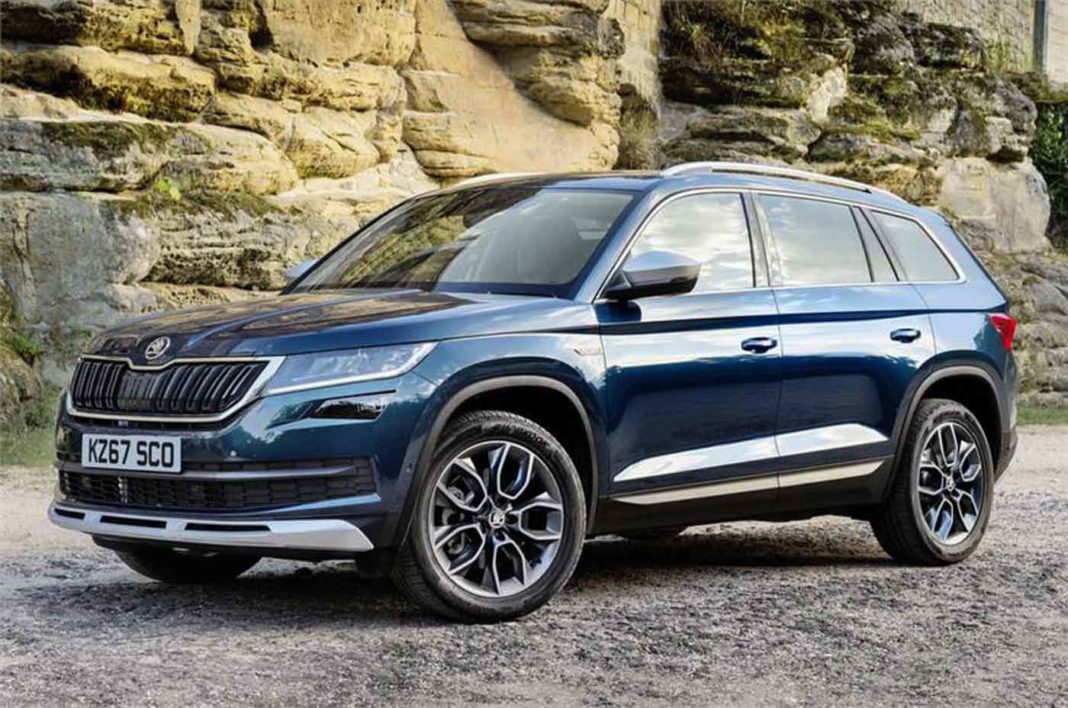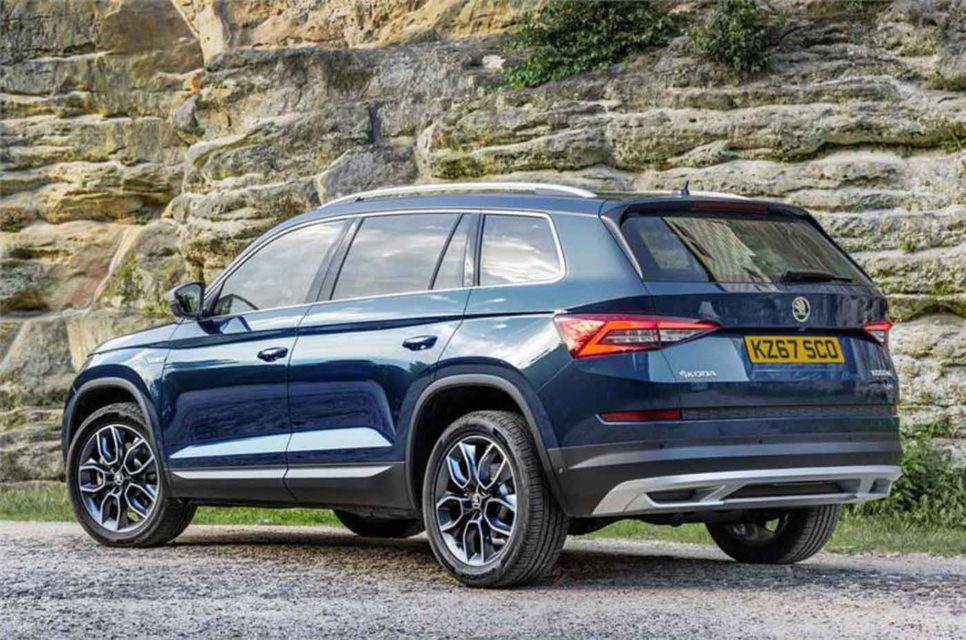
Skoda will likely be launching diesel engine for Kodiaq in the near future but the less expensive models will only be powered by TSI units
Skoda Auto India will likely be launching an approved used car plan in a short period of time in the domestic market. The Czech Republican automaker has been making strategic investments locally in recent years but the biggest challenge lies with the arrival of the heavily localised products from next year onwards under the India 2.0 plan.
The company has taken up the charge as part of the Volkswagen Group to expand its market share in the coming years with more than a billion euros of investment. Recently, Skoda introduced the Karoq premium SUV and the range of the Rapid sedan was expanded courtesy of the debut of the Rider Plus variant and a new six-speed torque converter automatic transmission paired with the 1.0-litre TSI engine.
The advent of the BSVI emission standards from April 1, 2020 has led to many manufacturers exiting the diesel market and Skoda was no different. However, in the premium space, the demand for the oil-burners definitely exist as proved by Hyundai and Kia with Creta and Seltos respectively. Skoda will be looking to launch the BSVI compliant diesel engine for Kodiaq in the near future.
New diesel motors for bigger cars are also being tested. In contrary, the less expensive models will have to stick by the gasoline units. At the 2020 Auto Expo, Skoda made its presence felt with the global unveil of the Vision IN concept. Spawning a mid-size SUV in the similar size as the Kamiq, it will carry high local content of more than 95 per cent.
The five-seater sits on the MQB A0 IN architecture and it will also give rise to the Volkswagen Taigun, which was also displayed at the Auto Expo in its near-production form. Both the SUVs will play a crucial role in garnering volumes for the VW Group and they are expected to be priced competitively.
They will use petrol engines (1.0L and 1.5L TSI units expected) with manual and automatic transmission choices. The Rapid and Vento sedans will also be replaced in India under the India 2.0 strategy with heavy local content.

